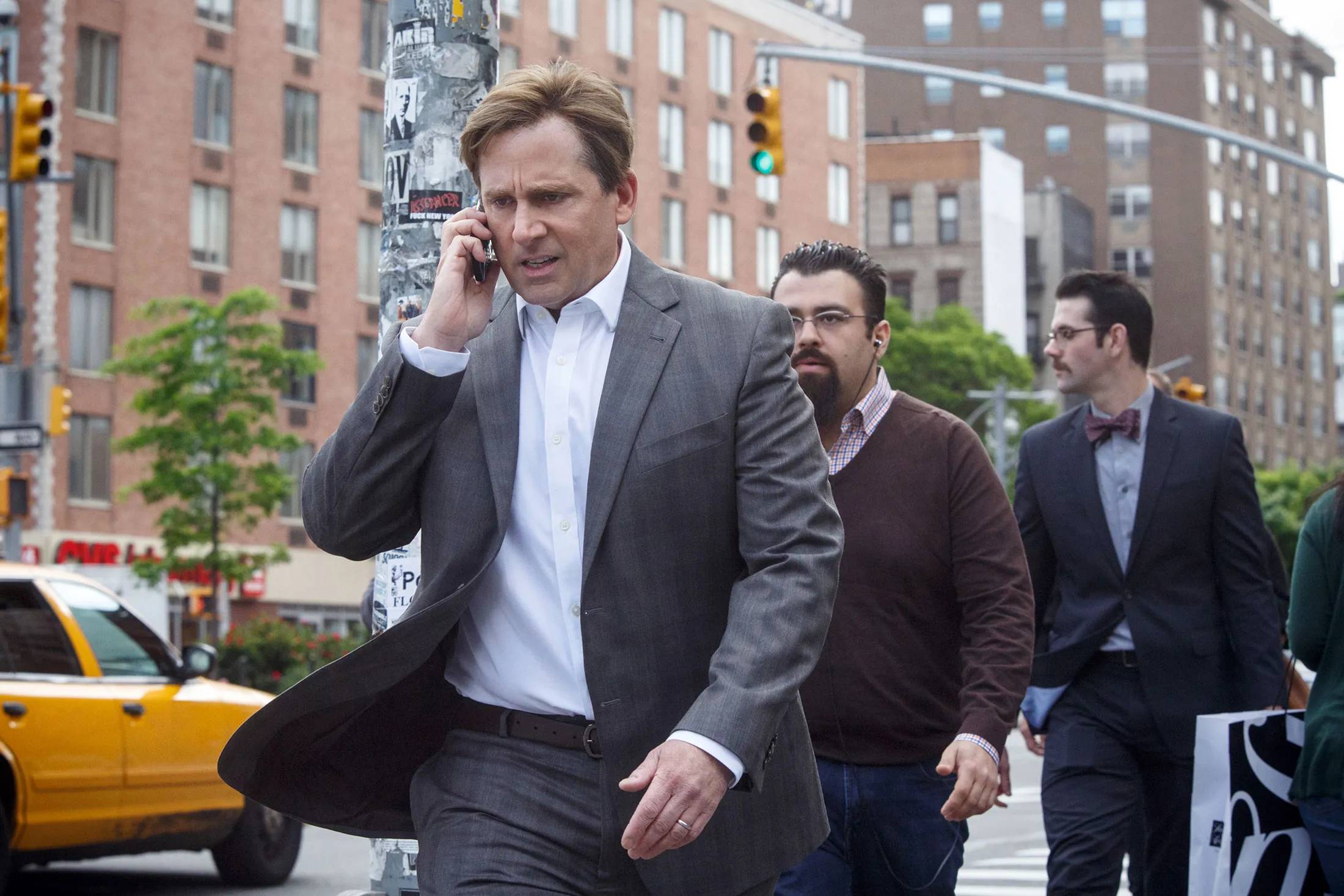What Kills Us Happens in a Snap
But the Cracks Start Long Before That
In early 2007, the U.S. housing market looked unstoppable.
Banks were handing out loans to anyone with a heartbeat. Home prices kept climbing. Investors poured billions into mortgage-backed securities, convinced by triple-A ratings and rising charts.
Then, in weeks, it all fell apart.
One default led to another. Subprime lenders collapsed. Panic spread—Bear Stearns, then Lehman Brothers. By September 2008, the world was in free fall. Trillions of dollars evaporated. Jobs vanished. Families lost homes.

To the outside world, it looked like the crash happened suddenly. But the truth is, it had been building for years: risky lending, opaque financial products, blind optimism. The damage was already there—hidden in balance sheets and bad assumptions—just waiting for a trigger.
That’s how collapse works.
A year later, another storm broke. Bernie Madoff was arrested for running the largest Ponzi scheme in history.
For nearly 30 years, from the early 1980s until 2008, he delivered suspiciously steady returns. Investors praised his genius. Charities, celebrities, billionaires—all trusted him. On paper, he managed over $60 billion.
But when the 2008 crash hit and investors started pulling out, he couldn’t cover the withdrawals. The illusion crumbled. In a matter of days, Madoff confessed. A 30-year lie unraveled overnight.
Again, it seemed sudden. But the fraud had been there all along. The red flags. The fake trades. The lack of transparency. No one looked too closely—until it was too late.
That’s the strange thing about failure. It feels like it happens in a moment. But it rarely starts there.
How I Got Off Track and Lost All My Progress
I’ve felt this myself, though on a much smaller scale.
A couple of years ago, I lost over 10kg through strength training, clean eating, and daily walks. I felt sharp, lean, in control.
Then I moved house, traveled, and got sick. I missed a few workouts. Then a few more. My meals got lazy. I told myself I’d get back on track next week. Then the week after.
I didn’t regain all the weight. But I lost the rhythm. The spark. The consistency that made everything else easier. What took me months to build faded in just a few weeks.
It didn’t feel like a decision. It felt like a drift. But the consequences were real.
This is the pattern I keep seeing—in life, in business, in health, in relationships: What builds you takes time. What breaks you happens fast.
- You spend years mastering a skill. One careless mistake ruins your reputation.
- You save steadily for a decade. One emergency wipes out your buffer.
- You nurture trust in a relationship. One betrayal undoes it all.
- You show up for your team. Then, one poor leadership call kills morale.
- You protect your attention with daily habits. One week of chaos and it’s gone.
We like to think things break in proportion to how they’re built. But that’s not how the real world works.
Growth Is Slow, Collapse Is Sudden
That’s the hard truth most people underestimate. Because most damage isn’t loud, it’s quiet. It happens in the background, in the margins. You don’t see it until it’s too late.
A crack in the foundation. A conversation left unsaid. A value bent “just this once.” A small compromise, repeated.
By the time the collapse comes, it feels like a surprise. But the system was already unstable. The seeds were already planted. We only notice when it breaks.
So what do we do with this?
If collapse is quick but the cause is slow, then the only way to protect ourselves is to pay attention early. And to take small things seriously. Here’s how:
🛠 1. Build buffers—more than you think you need
Nassim Taleb coined the term Black Swan events to describe unpredictable, high-impact surprises—events that feel impossible until they happen.
A market crash. A sudden layoff. A global pandemic. A personal health scare.
The nature of a Black Swan is that you can’t see it coming. And by the time it arrives, it’s too late to prepare.
That’s why buffers matter. Not to optimize, but to survive.
In money, that means saving more than a spreadsheet tells you is “enough.” In business, it’s having cash reserves, backup plans, and operational slack. In health, it’s sleeping even when you feel fine and taking rest days before you’re exhausted.
Buffer is the quiet discipline that protects you from the day everything goes wrong. You may never need it until you really, really do.
🧱 2. Make fewer, better decisions
In business, the biggest mistakes often come from choosing fast over right.
We once rushed a product launch because “everyone else was doing it.” It didn’t fit our brand, didn’t solve a clear problem, and flopped. What we needed was focus, the clarity on who we served—and why.
Same with hiring. Hire one wrong person, and it costs months of energy, morale, and cleanup.
And in life? Who you marry, where you live, what you commit your next five years to—these aren’t decisions to outsource to pressure or convenience.
Only a few decisions matter a lot. But they matter a lot. Don’t rush those.
🔍 3. Audit your patterns regularly
Most people think they fail because of one bad day. But it’s not one day. It’s what they repeated, without noticing.
You start sleeping late. You scroll longer. You stop stretching, skip the morning walk. You say you’ll fix it next week. But next week never comes.
That’s why I review my week every Sunday. Not to judge—but to notice. Where did I slip? What helped me feel sharp? What felt off?
Patterns aren’t obvious in the moment. They’re only clear when you step back and zoom out. And once you notice, you can shift. That’s the power of auditing your patterns—it gives you the chance to course-correct before things slide too far.
That’s how I got back on track with fitness. Not through guilt, but through awareness.
🗱 4. Stack boring wins
Every time I create a piece of content, it feels small. One post. One email. One story. But after a year, I have a body of work. A portfolio. An audience. Momentum.
Same with fitness. You don’t feel stronger after one workout. But skip a few weeks, and you definitely feel weaker. The wins that change your life are rarely dramatic. Just like the small cracks, they’re the quiet ones.
The ones that ask for a little effort, every day. Drink water. Do the workout. Hit publish. They feel boring—until they save you.
🛡 5. Protect your standards
In How Will You Measure Your Life?, Clayton Christensen wrote about the temptation to bend your values “just this once.” But once you do, the line moves. And it rarely moves back.
That stuck with me.
In relationships, it’s not usually one big betrayal that ends trust. It’s small compromises—the lie you told to avoid conflict, the promise you broke and never addressed.
You don’t have to be perfect. But you do have to protect what matters. Some things, once broken, don’t go back to how they were.
So draw the line. Then hold it, even when it’s hard, especially then.
Things Fall Apart All at Once, Systems Don’t
Things break and fall apart quickly. But beneath that, the systems that hold your life together—your health, relationships, finances, routines—don’t collapse suddenly.
They weaken slowly, invisibly, then all at once.
So don’t just focus on what you’re building. Pay attention to what might be quietly breaking.
Because what builds you takes time. And what kills you happens in a snap.


